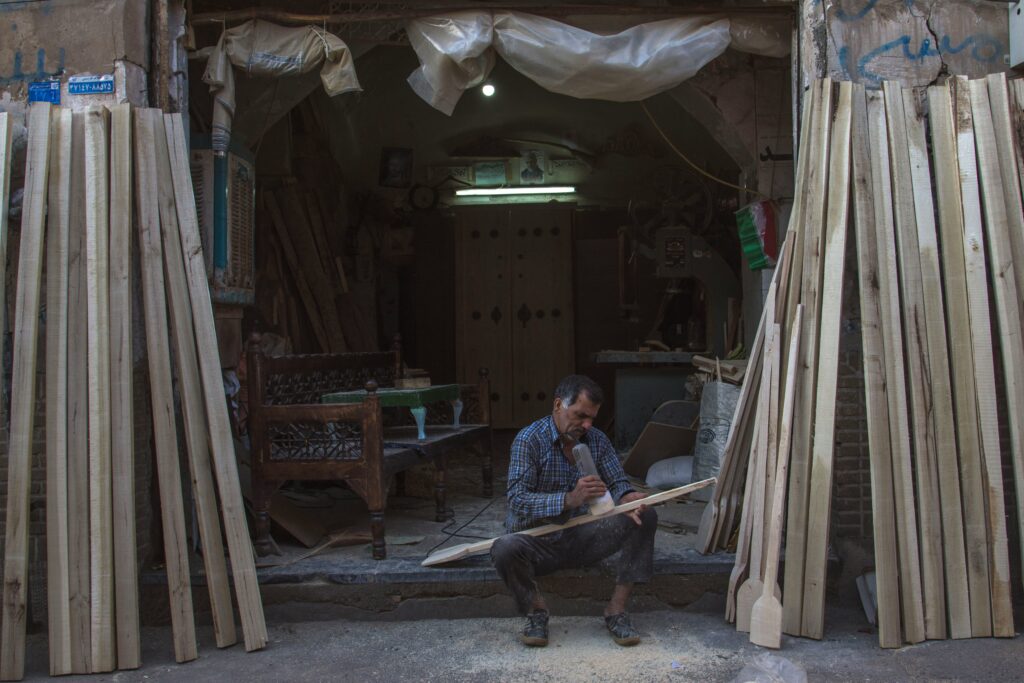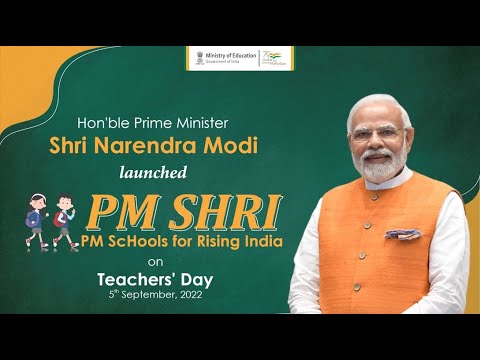The Pradhan Mantri Kaushal Vikas Yojana (PMKVY) is one of the flagship schemes launched by the Government of India aimed at empowering the youth with employable skills. Administered by the Ministry of Skill Development and Entrepreneurship (MSDE) and implemented through the National Skill Development Corporation (NSDC), the scheme seeks to provide skill training that aligns with the needs of the industry and the larger job market.

Objectives of Pradhan Mantri Kaushal Vikas Yojana (PMKVY):
PMKVY was designed with the following major objectives:
- Encourage youth to take up skill training by offering monetary rewards.
- Improve the productivity and employability of the workforce.
- Bridge the skill gap between job seekers and employers.
- Promote industry-relevant skill development across sectors.
- Certify individuals who possess prior learning experience or skills.
Major Components of Pradhan Mantri Kaushal Vikas Yojana (PMKVY)
The PMKVY scheme has the following key components:
1. Short Term Training (STT)
This component targets unemployed youth and school/college dropouts. The training is conducted in registered training centers (TCs) and includes:
- Soft skills
- Entrepreneurship training
- Financial and digital literacy
- Placement assistance
Training duration typically ranges between 150–300 hours.
Recognition of Prior Learning (RPL)
RPL is designed to certify individuals with existing skillsets acquired through informal means. It involves:
- Skill assessment
- Orientation and bridging courses
- Government certification
- Monetary reward
This helps workers from the unorganized sector gain formal recognition.
Special Projects
This component addresses special groups and job roles not covered under STT or RPL. It includes training programs by government bodies, PSUs, or corporate entities that need customized content or infrastructure.
Institutional Framework
1. Ministry of Skill Development and Entrepreneurship (MSDE)
Provides overall policy direction, funding, and regulatory support for PMKVY.
2. National Skill Development Corporation (NSDC)
Implements the program on the ground level through a network of Training Providers (TPs) and Sector Skill Councils (SSCs).
3. Sector Skill Councils (SSCs)
Industry-led bodies that define training standards, curriculum, and job roles for different sectors such as IT, construction, electronics, healthcare, logistics, and more.
Target Sectors and Job Roles
PMKVY covers a wide range of sectors including:
- Information Technology (IT) and IT-enabled services
- Construction
- Automotive
- Textile and Apparel
- Healthcare
- Agriculture
- Logistics
- Retail
- Electronics
- Banking and Finance
Each sector has multiple National Occupational Standards (NOS) and Qualification Packs (QPs) defined for skill development and certification.
Enrollment and Certification Process
The process under PMKVY follows these major steps:
- Candidate Registration
Eligible youth can enroll at a PMKVY Training Centre. - Training Delivery
Registered TPs deliver training as per the National Skill Qualification Framework (NSQF). - Assessment and Certification
After training, a third-party assessment is conducted. Successful candidates receive a skill certificate and monetary reward. - Placement Facilitation
Training partners assist in job placement, apprenticeship, or self-employment support.
Funding and Financial Incentives of Pradhan Mantri Kaushal Vikas Yojana (PMKVY)
- Training and assessment fees are paid entirely by the government.
- Upon successful completion, candidates receive a monetary reward (typically ₹8000 per person depending on the job role).
- Training partners are incentivized based on outcomes such as enrollments, assessments passed, and placements.
Timeline of PMKVY Phases
PMKVY 1.0 (2015–16)
- Initial pilot scheme.
- Covered over 19 lakh candidates.
PMKVY 2.0 (2016–2020)
- Introduced STT, RPL, and Special Projects.
- Larger scale: aimed to train 1 crore youth over four years.
PMKVY 3.0 (2021–2022)
- More localized and demand-driven.
- Emphasis on digital skill delivery.
- Focused on District Skill Committees and local job needs.
Impact and Achievements
As of the latest available data:
- Over 1.25 crore individuals have been trained since inception.
- Significant increase in formal certifications among informal sector workers.
- Enhanced placement rates in organized sectors like IT, logistics, and electronics.
- Boost in entrepreneurship and self-employment, especially in rural areas.
Challenges Faced by
Despite its success, PMKVY has faced several implementation issues:
- Mismatch between training and industry needs
- Low placement-to-training ratio in certain sectors
- Uneven regional coverage, especially in backward districts
- Quality concerns with some private training providers
- Duplication of effort due to overlap with state-level schemes
Recent Developments
- Increased role of District Skill Committees (DSCs) for local-level planning.
- Emphasis on digital platforms and blended learning post-COVID.
- Skill training for migrant workers and women as special focus groups.
- Integration with other schemes like Atmanirbhar Bharat and Make in India.
Conclusion
The Pradhan Mantri Kaushal Vikas Yojana is more than just a skill training program — it is a movement toward empowering India’s youth and building a stronger, more self-reliant nation. With its comprehensive approach to skill development, PMKVY is transforming lives, industries, and the future of India.
Whether you are a student, a job-seeker, or someone looking to enhance your skills, PMKVY offers you a valuable opportunity to learn, grow, and succeed.
Official Source Link:
https://www.pmkvyofficial.org
Other Schemes: Government Schemes Page


